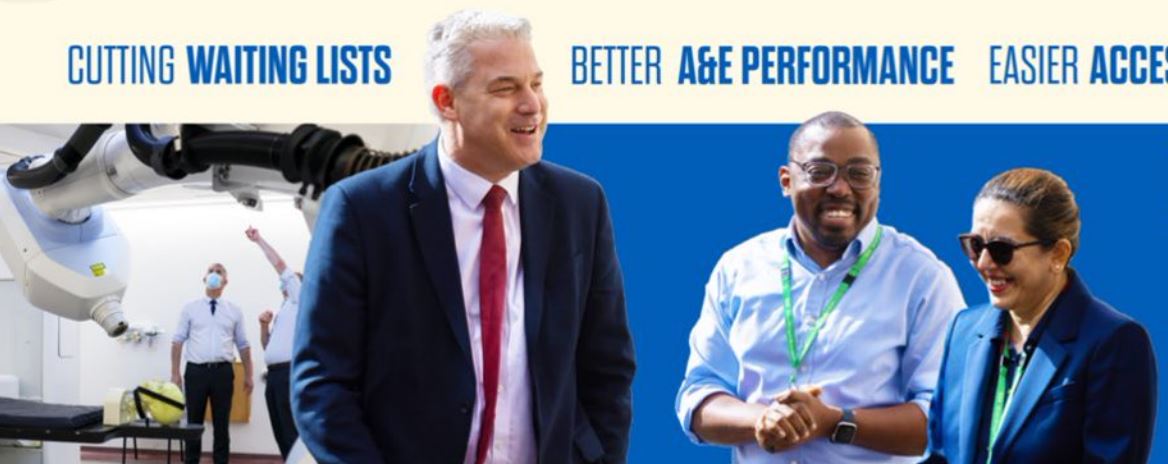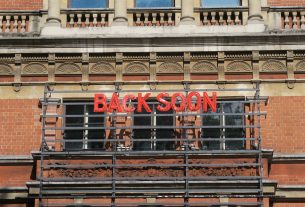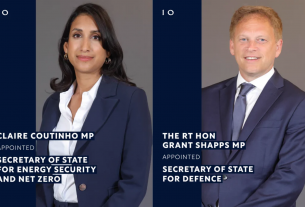The cost of the junior doctors’ strike to NHS England will be more than awarding them the 35% pay rise they are demanding.
The revelation comes as junior doctors begin their latest round of industrial with a four day walkout from 7am on Friday to 7am on Tuesday.
Meanwhile, official figures released by the government on Thursday show record waiting lists for NHS treatment are getting even longer with 102,000 added in June taking the number to 7.6 million.
While official figures from NHS Providers show strikes and industrial action across the NHS has resulted in more than 835,000 appointments being postponed – three-quarters of them due to the action taken by junior doctors – NHS bosses say the true number could be twice as high.
As strikes continue, health secretary Steve Barclay repeated that the government’s 6% pay offer to medics is “final” and not open for discussion.
“Patients are bearing the brunt of the impact of continuous strikes across the NHS and further action by the BMA will cause more appointments and procedures to be postponed, while costing the NHS significant amounts of money that should be spent on front-line services,” said Barclay.
The Telegraph reports the strikes have cost NHS England “around £1 billion so far”, according to official figures.
Five days of junior doctors’ strikes in April cost £315 million the NHS England board meeting was told by NHS chief financial officer Julian Kelly.
A third of that was “down to the direct net cost of effectively paying more senior staff to cover junior staff who have gone on strike, who you are paying at premium rates,” said Kelly.
Paying senior staff “eye watering” rates to cover the junior doctors’ strike has seen consultants earn up to £2,000 per day or £5,000 for a 24-hour shift.
Junior doctors are striking for “full pay restoration” to reverse the steep decline in their pay since 2008. It translates to a 35% pay rise which Barclay claims will cost an extra £2 billion per year. The BMA (British Medical Association) said the pay rise would cost the NHS £1 billion per year given tax and national insurance contributions would be paid back to the Treasury..
The annual NHS budget is £160 billion.
While the government refuses the junior doctors’ demands, patients are enduring increasing waits for their treatment. Tens of thousands more appointments will be postponed over the next four days as junior doctors strike for the fifth time this year. Their industrial action marks the ninth consecutive month of strikes in the NHS.
The BMA junior doctors’ committee co-chairmen Dr Robert Laurenson and Dr Vivek Trivedi said: “It should never have got to the point where we needed to announce a fifth round of strike action. Our message today remains the same: act like a responsible government, come to the table to negotiate with us in good faith, and, with a credible offer, these strikes need not go ahead at all.
“The prime minister has told us that talks are over. But it is not for Rishi Sunak to decide that negotiations are over before he has even stepped in the room. This dispute will end only at the negotiating table. If the PM was hoping to demoralise and divide our profession with his actions, he will be disappointed.”
The BMA is currently balloting its members to extend its mandate for strikes beyond the end of August, as legally required.




